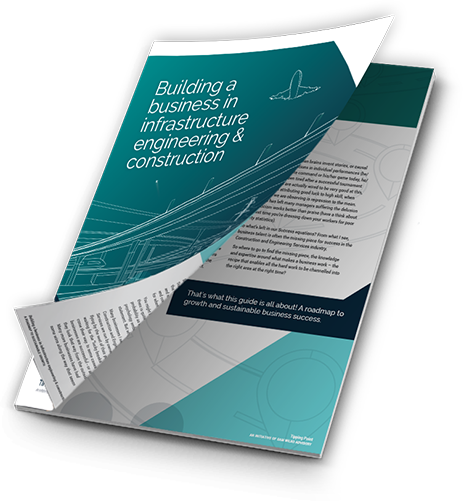In what typically passes for "bonding" in the industry, people often share their war stories over a drink or two and some of the best stories concern tendering disasters. As you would expect I've heard my fair share of these tales and had quite a few personal experiences as well. The thing is, the same issues show up time and time again in tenders large and small. In the interests of anonymity, I won't share too many specifics however from what I've seen and heard common mistakes typically happen in three broad categories:
- Time
- Money
- Return on Investment
Time: Time is rarely your friend when tenders are called and the trend these days is definitely toward less rather than more time to respond. When time gets away from the tender team, unexpected problems show up to create even more pressure and the need to recover from mistakes. On one memorable occasion dealing with the consequences of the tender submission not physically fitting in the goods lift on the way to the Tender box! Rigorous planning and scheduling is the antidote to time pressure - there's always time to prepare a tender properly the first time (from what I've seen there's mostly just enough time to do the tender the wrong way the first time and still pull it together in desperation just before the deadline).
Money: Not being prepared to spend the time and money required to (a) properly understand the background to and context of a tender and (b) prepare a submission of the appropriate standard to win the bid is a sure-fire way to lose. One organisation I previously worked for used an example of a winning submission in response to a tender advertisement in the newspaper as a compelling reason for not bothering with Business Development work focused on identifying and pre-qualifying opportunities. I'd prefer to think that the complete surprise with which this result was greeted - as well as the resulting loss-making contract - proves the more general rule!
Return on Investment: Businesses regularly get caught up in the excitement of the chase and lose sight of why they're tendering in the first place - to make money! You might not have the greatest systems and processes in place to capture tendering costs, but there's no excuse not to at least tally a rough estimate of the cost and time needed to chase and win a tender (and if it's a Government job then maybe double your estimate....). It's tough but it's most probably the right call to make to not pursue what looks like a great opportunity when it doesn't make sense on paper.
So what's the best way to get on top of your business tendering costs and achieve a benchmark 1 in 2 "win rate"? A great start would be to check out Page 34 (Revenue Channels) in my e-Book "A Roadmap to Sustainable Growth".
